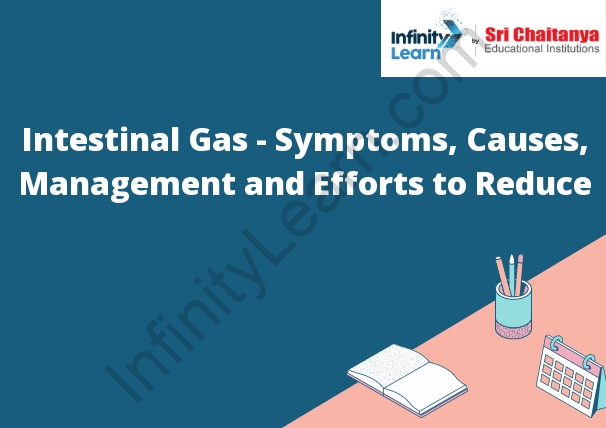Table of Contents
Internal Gas: What Do You Need To Know
?
An internal gas is any gas that is enclosed within a system or container. In order for a gas to be classified as internal, it must be in contact with at least one solid or liquid phase. Internal gases can be either compressible or non-compressible. Compressible gases are able to be compressed or reduced in volume, while non-compressible gases are not.
Some common examples of internal gases include air, nitrogen, and oxygen. Internal gases are often used in industrial and manufacturing settings to help create and maintain a consistent pressure within a system. They can also be used to transport and store liquids and other materials.

Gas in the Human Intestines: What is It?
The human intestines are home to a variety of bacteria that aid in the digestion of food. These bacteria produce gas as a byproduct of their metabolism, and this gas accumulates in the intestines. The gas is composed of carbon dioxide, hydrogen, and methane, and it is expelled from the body through the rectum and anus.
Some Main Symptoms of Intestinal Gas in Human Body
Intestinal gas is a common problem that affects people of all ages. It is caused by a variety of things, including eating certain foods, drinking carbonated beverages, and smoking. Intestinal gas can cause a number of symptoms, including bloating, abdominal pain, and flatulence. Treatment for intestinal gas depends on the underlying cause. In many cases, lifestyle changes can help reduce or prevent symptoms.
Management of Intestinal Gas
There are a few things that can be done to help manage intestinal gas. Some simple tips include:
-Eating slowly and chewing food thoroughly to help break it down better and reduce the amount of air swallowed
-Avoiding carbonated drinks and chewing gum
-Resting after meals
-Exercising regularly
-Using a pillow to elevate the head during sleep
-Taking over-the-counter medications like simethicone or activated charcoal to help relieve symptoms
Some Helpful Efforts of Reduce Gas in Human Body
There are a few things a person can do to help reduce gas in their body. One is to eat slowly and chew their food well. This will help to break down the food properly and reduce the amount of air that is swallowed. Another is to avoid eating high-fiber foods like beans, broccoli, and cabbage. These foods can cause gas to form in the intestines. A person can also drink plenty of water to help flush the intestines and reduce gas.Lastly, if a person is experiencing a lot of gas, they can try taking a probiotic supplement. Probiotics are bacteria that help to keep the gut healthy and can help to reduce gas.






